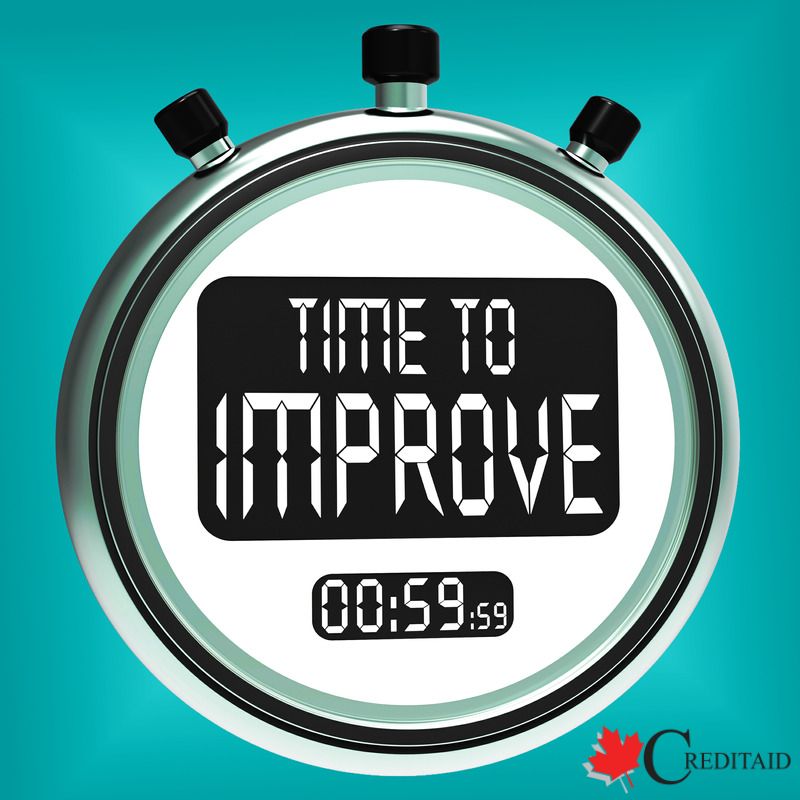 Your relationship is going well, and you take the big step to move in together. However, reality soon comes crashing down. Before you know it, the honeymoon is over, and you’re disagreeing about every little aspect of your lives together.
Your relationship is going well, and you take the big step to move in together. However, reality soon comes crashing down. Before you know it, the honeymoon is over, and you’re disagreeing about every little aspect of your lives together.
One of the biggest sticking points for couples is finances. You may find that you each hold completely different views about the importance of budgeting, or when you do budget, you disagree on what is or is not a priority. These are the times that will try your relationship, but the good news is, you can get through it and reach an accord.
First of all, there is no way around it – you need to be honest with each other. Discuss all your assets and debts, so there are no unpleasant surprises. You then need to decide whether to share financial responsibilities and to what degree. One person may be bringing a lot more debt to the relationship, which is why it is important to have this conversation early in the relationship.
Make sure to discuss your individual credit history, too. Your ability to borrow as a couple will be greatly impacted by your past spending. Don’t panic if your partner has taken out a lot of credit in the past; this is your opportunity as a couple to explore options for getting to a place of financial stability. Talk about setting a budget and goals for clearing debt, and decide on a ratio of responsibility for that debt.
While it is important that both of you contribute financially to your budget and the paying off of debts, you should also play to your strengths. The person who is better at managing monthly bills should take care of that side of your finances; however, it is important that both people in the relationship share the overall responsibility of maintaining the budget.
Compromise and communication are key to a strong financial relationship so make sure you discuss and come to an agreement on where your money is going and when. A relationship takes work, but by having this honest conversation early on and staying on track with budgeting and spending, you may find that your relationship is stronger for it.









